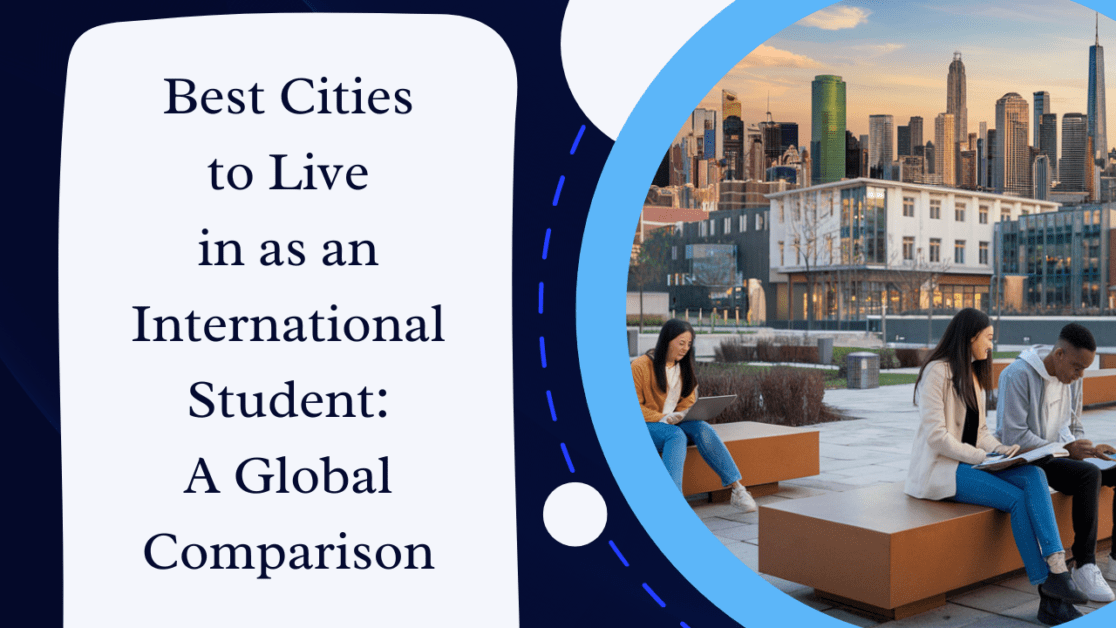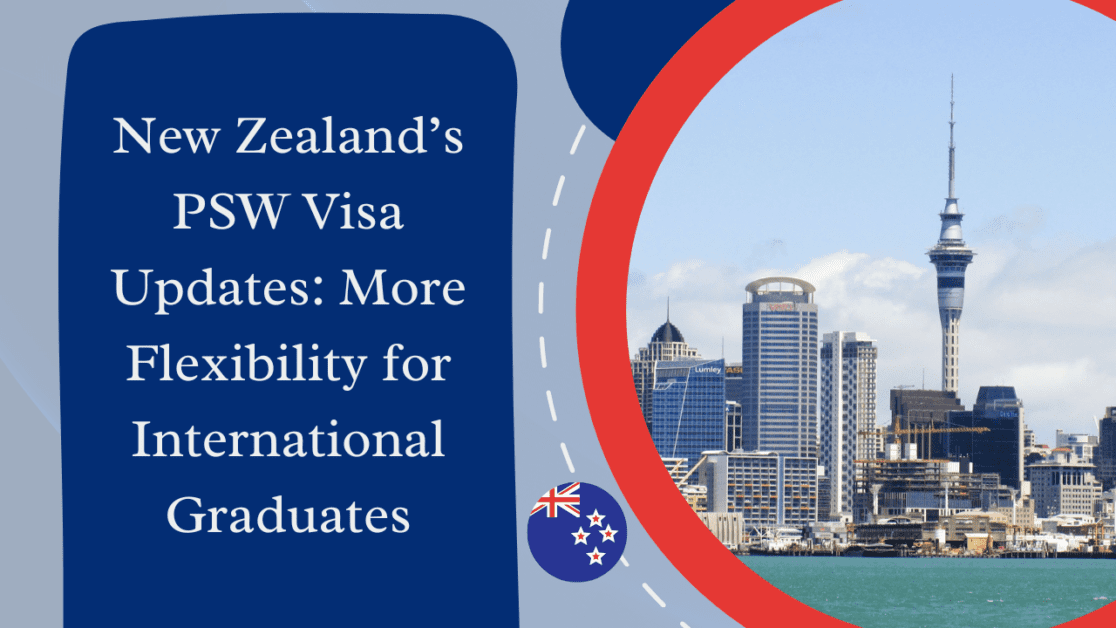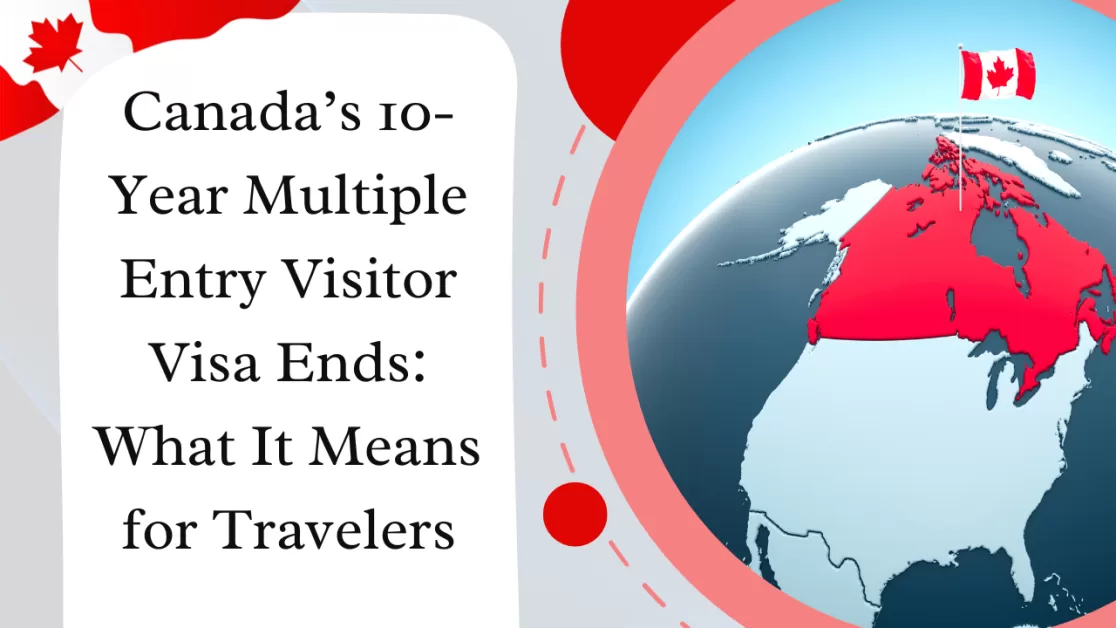
Canada continues to be a top destination for international students seeking quality education and global exposure. In a bid to balance educational integrity with economic opportunities, Immigration, Refugees, and Citizenship Canada (IRCC) has introduced several updates to work hour regulations and study permit rules. These changes are designed to support students financially, uphold the program’s integrity, and ensure institutions meet compliance standards.
Here’s everything you need to know about these significant updates:
Table of Contents
Updated Work Hour Regulations for International Students
1. Work Hour Limit:
International students can work up to 24 hours per week off campus during their academic terms. This is an increase from the pre-pandemic limit of 20 hours per week but a reduction from the unlimited work hours temporarily allowed during the COVID-19 pandemic.
The adjustment reflects the government’s intent to strike a balance between work opportunities and maintaining students’ academic focus.
2. Full-Time Work During Breaks:
During scheduled breaks, such as summer or winter holidays, international students remain eligible to work full-time without needing a separate work permit.
Key Changes to Study Permit Rules
1. Switching Schools:
International students must now apply for and receive approval for a new study permit before transferring to another Designated Learning Institution (DLI). This ensures that their permits remain valid and tied to their specific institution and program.
2. Compliance Reporting by DLIs:
Designated Learning Institutions are now required to submit compliance reports to IRCC twice a year, verifying whether students are actively enrolled. This helps identify permit violations and ensures that students maintain their status.
- Non-compliance Penalties: Institutions that fail to meet compliance reporting requirements may face penalties, including suspension from admitting new international students for up to one year.
3. Quebec’s Grace Period:
Quebec DLIs currently have a grace period before compliance reporting becomes mandatory. IRCC is working with the province to establish the necessary systems. Once implemented, Quebec schools will also need to submit bi-annual reports.
Enhanced Letter of Acceptance (LOA) Verification
A new LOA verification system, strengthens the integrity of Canada’s international student program.
- Key Stats (Dec 2023 – Oct 2024):
- 529,000 LOAs were submitted for verification.
- 492,000 LOAs were validated directly with DLIs.
- Over 17,000 LOAs were flagged as invalid or canceled.
This system ensures that only genuine students receive study permits, reducing fraudulent applications and misuse of the international education system.
Why These Changes Matter
According to Immigration Minister Marc Miller, the updates aim to balance the work-study dynamic while maintaining program integrity. “By fixing the off-campus work limit to 24 hours per week, we’re providing opportunities while helping students focus on their education,” he stated.
These updates also place accountability on institutions, ensuring they support Canada’s efforts to preserve the program’s credibility.
Additional Changes Introduced in 2024
In addition to the above updates, IRCC has rolled out other changes to better manage the increasing number of international students and address emerging challenges.
1. Study Permit Caps
To address surging application volumes, IRCC introduced a two-year cap on study permits:
- Permits were reduced by 35% in 2024 and 10% in 2025.
- A total of 437,000 study permits will be issued for 2025.
2. Post-Graduation Work Permit (PGWP) Updates
Starting November 1, 2024:
- PGWP eligibility for public college graduates will be limited to programs aligned with labor market needs.
- Graduates with bachelor’s, master’s, or doctoral degrees will remain eligible for PGWPs lasting up to three years, regardless of field.
3. Spousal Open Work Permit (SOWP) Changes
Spouses of international students can only obtain work permits if the student is enrolled in a master’s program lasting at least 16 months.
4. Increased Financial Requirements
The Guaranteed Investment Certificate (GIC) requirement has increased from $10,000 to $20,635, reflecting higher living costs. This change may limit access for students from lower-income countries.
How International Students Can Stay Compliant
Navigating these new rules can seem challenging, but compliance is crucial for maintaining your status as an international student in Canada.
- Adhere to Work Hour Limits: Students can work a maximum of 24 hours per week during term time. Overstepping this limit can lead to permit violations.
- Maintain Enrollment: Ensure you are continuously enrolled in your program and meet your institution’s requirements.
- Update Study Permits When Necessary: If transferring to another school, apply for and secure a new study permit tied to the new institution.
- Understand Your Responsibilities: Stay informed about changes to financial requirements, PGWP rules, and other policy updates to avoid complications.
What These Changes Mean for International Students
While these updates may appear restrictive at first glance, they are designed to ensure a more balanced and secure system for both students and institutions. By setting clear guidelines, the Canadian government aims to maintain the country’s reputation as a welcoming destination for international education while addressing challenges such as fraudulent applications and resource strain.
With these changes in place, international students in Canada can continue to benefit from high-quality education, ample work opportunities, and a system that supports their long-term success.
Ready to explore? Start your visa application today and get one step closer to your adventure!
Don’t let uncertainties hold you back. Our team of expert overseas education consultants is readily available to assist you. Whether you have inquiries about:
- Specific document requirements
- Interview preparation tips
- Visa application timelines
We’re ready to provide personalized guidance tailored to your unique situation. Get in Touch Today at: +919041818122 and begin your journey with Vrinda International.
The information provided in this blog is for general guidance purposes only. Visa policies, application procedures, and fees are subject to change without prior notice. For the most accurate and up-to-date details, we recommend contacting us directly or consulting official sources. Feel free to reach out to us for personalized assistance with your visa application or travel needs.
Frequently Asked Questions (FAQ)
1. What are the new work hour limits for international students in Canada?
International students can now work up to 24 hours per week off campus during academic terms. This replaces the pre-pandemic limit of 20 hours per week and the unlimited work hours allowed during the COVID-19 pandemic. During scheduled breaks, such as summer or winter holidays, students may work full-time without needing an additional work permit.
2. Can international students switch schools without updating their study permits?
No, international students must apply for and receive approval for a new study permit before transferring to a different Designated Learning Institution (DLI). This ensures compliance with the updated regulations and maintains the integrity of the study permit system.
3. What happens if a school fails to submit compliance reports to IRCC?
Designated Learning Institutions (DLIs) are required to submit bi-annual compliance reports to IRCC, verifying that international students are actively enrolled. If a school fails to meet this requirement, it may face penalties, including suspension from admitting new international students for up to a year.
4. Are Quebec DLIs required to submit compliance reports?
Quebec DLIs currently have a grace period before compliance reporting becomes mandatory. IRCC is collaborating with Quebec to develop the necessary systems. Once these are in place, Quebec DLIs will also need to submit reports twice a year.
5. How does the Letter of Acceptance (LOA) verification system work?
The LOA verification system, ensures that only genuine students are granted study permits. It validates Letters of Acceptance submitted with study permit applications directly with the issuing DLI. Between December 2023 and October 2024:
- Over 529,000 LOAs were submitted for verification.
- Nearly 492,000 LOAs were confirmed as valid.
- Over 17,000 LOAs were flagged as unissued or canceled.
This system reduces fraudulent applications and maintains the integrity of the international student program.
6. What are the financial requirements for international students?
The Guaranteed Investment Certificate (GIC) requirement has increased from $10,000 to $20,635 to reflect the rising cost of living in Canada. This increase may impact students from lower-income countries but ensures they have sufficient funds to support themselves during their studies.
7. What changes have been made to the Post-Graduation Work Permit (PGWP) program?
Starting November 1, 2024:
- PGWP eligibility for public college graduates is now limited to programs aligned with Canada’s labor market needs.
- Graduates with advanced degrees (bachelor’s, master’s, or doctoral) remain eligible for up to three years, regardless of their field of study.
8. Can spouses of international students still apply for open work permits?
Spouses are eligible for an Open Work Permit (OWP) only if the international student is enrolled in a master’s program lasting at least 16 months. This change narrows eligibility to ensure that accompanying spouses align with Canada’s immigration priorities.
9. Are there caps on study permits in Canada?
Yes, IRCC introduced a two-year cap on study permits to manage the growing number of international students:
- In 2024, study permits were reduced by 35%.
- In 2025, they will be further reduced by 10%, capping the number at 437,000 permits.



